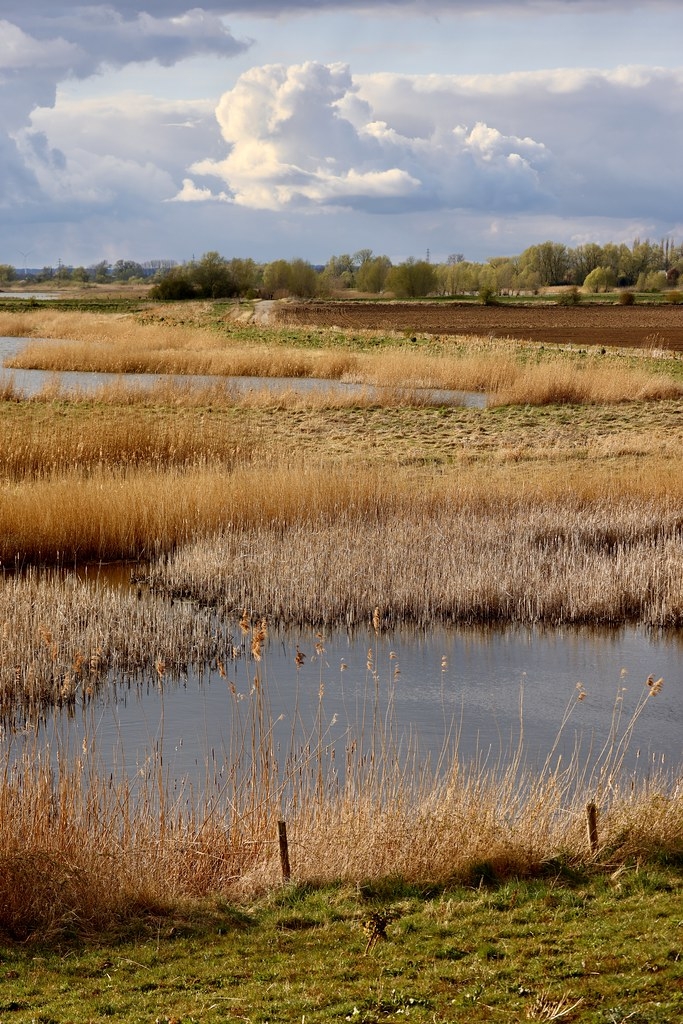
Nutrient Neutrality
UK Nutrient Neutrality ensures that new developments do not increase nutrient loading in sensitive catchments that could adversely impact protected sites. It requires developers to their schemes are 'nutrient neutral'; i.e. not adding excess nutrients into the catchment, often through nature-based solutions like wetland creation, riparian buffers, and reversion of intensively used land with nutrient inputs, thereby offsetting any excess nitrogen and phosphorus from development.
Current barriers and solutions to implementation of nature based nutrient neutrality mitigation
Lack of a coordinated national framework, leading to inconsistencies across local authorities.
Natural Investment Zones will act as a hub, enhancing collaboration between developers, landowners, and local authorities to scale up wetland and woodland restoration, we ensuring viable mitigation at pace.
Complex and slow approval processes, delaying project delivery and deterring private investment.
Within NIZs, approval processes can be applied in line with national standards to create clear and fast-track mechanisms for proven nature-based mitigation projects.
Insufficient market mechanisms to scale up nature-based solutions and attract long-term funding, with a preference for expensive and time consuming engineered solutions.
Natural Investment Zones will recognise the scale of demand, and supply, unlocking private investment by establishing clear, bankable nutrient credit schemes with strong regulatory backing.
Leading on from the former; A cultural reluctance to use nature-based solutions, in government agencies and local government decision makers, despite clear evidence they deliver more effectively and more co-benefits than hard engineering solutions (evidence here: https://www.sciencedirect.com/science/article/abs/pii/S0048969724046722)
A "sandbox" approach to investing in scaled natural nutrient neutrality (NN) solutions within Nutrient Impact Zones (NIZ), underwritten by private insurers or backed by a Treasury guarantee, ensuring no-regrets benefits for both nature and investors.
Lack of catchment scale planning impacts and mitigation should be more holistically and strategically considered, at a catchment scale.
The SNN and NIZs will enable catchment-scale strategic planning to enable restoration of catchments and sensitive sites and habitats, through nature-based solutions that provide multiple benefits for water quality, flood alleviation and water storage, climate resilience and biodiversity.

